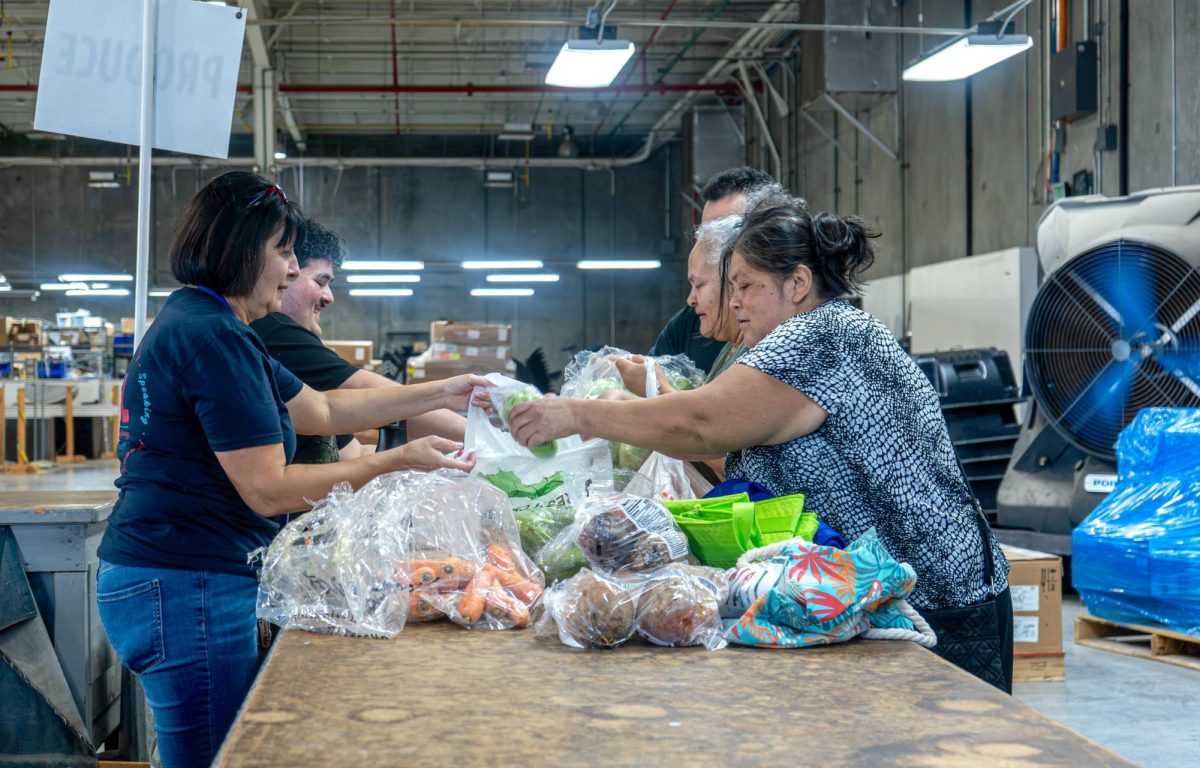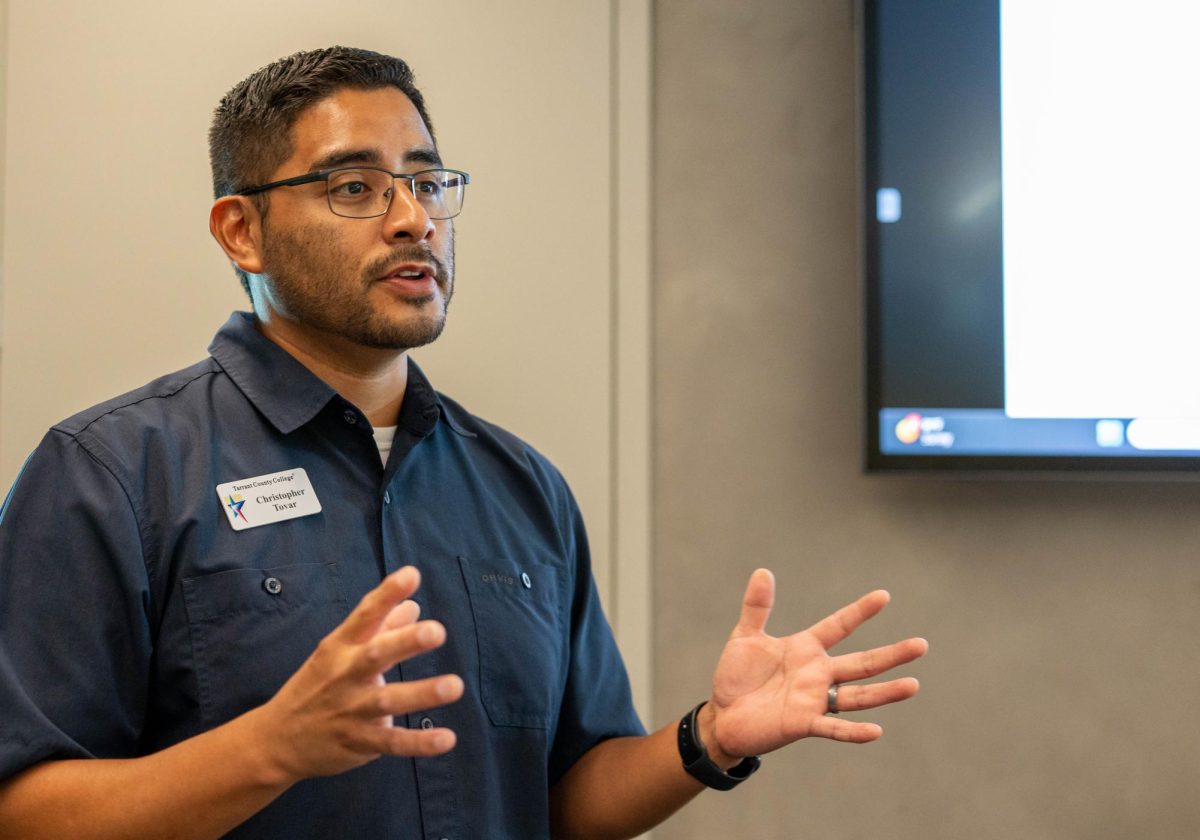The world is bleeding with corruption, and young people around the globe are challenging it, calling for a revolution.
Youths from countries like France, Nepal and Indonesia have protested corruption and in return were teargassed, shot and even killed.
Corruption is the fraudulent use of entrusted power for personal gain. Crimes like bribery, embezzlement and even nepotism are forms of corruption that leads to economic turmoil.
“The winner takes it all,” a phrase from a popular ABBA song trending on TikTok, has now become an audio recently used by protesters to expose political wrongdoings.
Protests in France were prompted by the government’s efforts to cut the national budget, which would heavily impact public spending and freeze pensions.
French youths, having witnessed high taxes for the common man and more business-favored policies that weigh on their generation for years, took upon themselves to force a change.
They took to the streets, making their “Block Everything” movement known, calling for the president to resign, only for authorities to deploy more than 80,000 security personnel to make arrests.
“Tax the rich” was another slogan these protesters have promoted.
In Nepal, politicians have been selfishly pickpocketing tax money from the people for years.
The youth of Nepal were enraged at how luxury lifestyles of the children of these politicians, referred to as “nepo-babies,” were funded by their income taxes while unemployment rose.
Exposing longstanding corruption, they expressed their anger through social media, which the government banned.
Generation Z protests against the corrupted system erupted in Nepal.
The government’s decision was nothing but a fearful, irrational and selfish response to corrupt leaders being outed in the media.
Likewise, in Indonesia, protests against the country’s economic state hindered by corruption broke out. By Sept. 8, it had lasted 14 days.
These protests were student-led with a big participation from Indonesian women, in response to politicians receiving a $3,000 housing allowance on top of their salaries while the common people were undergoing economic hardship.
Youth protests were interrupted by bullets, killing 19 in one day in Nepal and 10 in 14 days in Indonesia.
Innocent students being murdered left and right, all because today’s youth chose to speak over silence. The dreadful anticipation of another life being lost has overtaken mine and many other sufferers’ lives.
A teenage student in Nepal returning home from his school amid protests was brutally shot in the head, instantly killing him.
A motorcycle delivery driver in Indonesia, 21-year-old Affan Kurniawan, delivering a food order during protests was run over and killed by a police car.
How many more martyrs? How many more until these nations gain the freedom and democracy they were promised?
With no communication and no way of keeping track of the happenings in my own country, I was distraught.
These protests were happening in real time, police forces were shooting bullets in real time, and I had no way of knowing if my best friend got home safe from work.
Choosing to speak up was now a newfound problem.
It hurts to see my generation in shambles.
However, the pools of blood in the same streets I used to walk in were not all for nothing. With the Gen Z protesters’ efforts, the corrupted regime has now been disowned, and the interim prime minister’s chair awaits the first female prime minister.
Although still recovering from the loss, it is a step toward an ethical governance for Nepal, but the terror in the streets of France and Indonesia have yet to achieve their goal of a responsible government.













